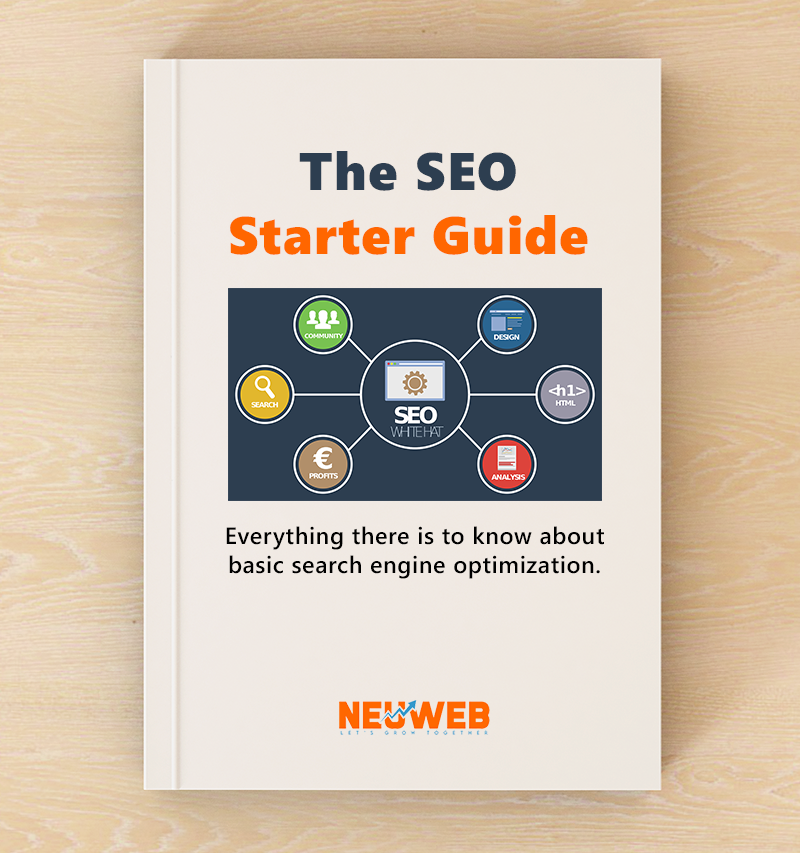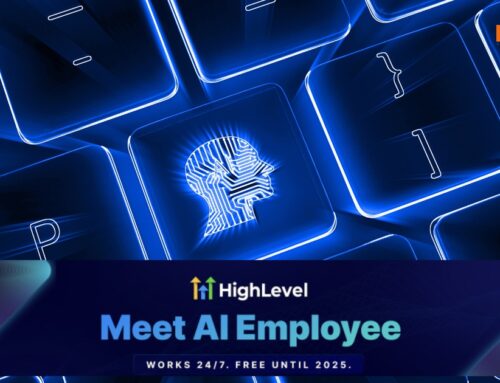What is SaaS? And Why Every Business Should Be Taking Advantage Of It
What is Saas? In today’s fast-paced and technology-driven business world, staying competitive and efficient is more critical than ever. One of the key tools that have revolutionized the way businesses operate is Software as a Service (SaaS). SaaS has become a driving force behind the success of countless businesses, from startups to Fortune 500 companies. In this blog post, we will delve into what SaaS is and why every business should be taking advantage of it.
What is SaaS?
SaaS, or Software as a Service, is a cloud computing model that delivers software applications over the internet on a subscription basis. Unlike traditional software, where you purchase and install a copy of the software on your local computer or servers, SaaS applications are hosted and maintained by a third-party provider. Users access these applications through a web browser, and they are typically charged on a recurring basis, often monthly or annually.
The fundamental concept of SaaS is to provide businesses with easy access to powerful software without the need for complex installations, maintenance, or the purchase of expensive licenses. This model has transformed the software industry by shifting the focus from ownership to usage, making it more accessible and cost-effective for businesses of all sizes.
Why Every Business Should Be Taking Advantage Of SaaS
- Cost-Efficiency: One of the most compelling reasons for businesses to adopt SaaS is cost savings. Traditional software often requires a substantial upfront investment in software licenses, hardware, and IT infrastructure. In contrast, SaaS eliminates these initial expenses. With a subscription-based model, you pay as you go, reducing the financial burden on your business.
- Scalability: SaaS solutions are highly scalable, allowing businesses to adapt quickly to changing needs. As your business grows, you can easily add or remove users, features, and services, without the hassle of purchasing new software or hardware. This flexibility ensures that your business remains agile and can respond to market demands effectively.
- Accessibility: SaaS applications are accessible from anywhere with an internet connection, making them ideal for remote work and global collaboration. This accessibility promotes efficiency and allows employees to work from home or on the go, increasing productivity and reducing the need for physical office space.
- Automatic Updates and Maintenance: SaaS providers handle software updates, maintenance, and security patches, ensuring that your applications are always up-to-date and secure. This takes the burden off your IT team, allowing them to focus on strategic tasks rather than routine maintenance.
- Reduced IT Overhead: Traditional software often requires significant IT resources to manage installations, troubleshoot issues, and maintain servers. With SaaS, these responsibilities are shifted to the provider, freeing up your IT team to work on more strategic projects that drive innovation and growth.
- Collaboration and Integration: Many SaaS applications are designed to facilitate collaboration and integration with other tools. Whether it’s project management, customer relationship management (CRM), or marketing automation, SaaS solutions often offer seamless integrations to streamline your business processes.
- Predictable Costs: SaaS subscriptions come with predictable and transparent costs. This makes it easier to budget for software expenses, as there are no unexpected maintenance or upgrade costs. Additionally, most SaaS providers offer different pricing tiers, allowing you to choose the plan that best fits your budget and needs.
- Faster Time to Value: SaaS applications are quick to implement, reducing the time it takes to start seeing value from your investment. You can typically start using a SaaS solution within days or even hours, rather than waiting for weeks or months for a traditional software deployment.
- Enhanced Security: SaaS providers often have dedicated security teams and resources to protect your data and infrastructure. They invest in advanced security measures, such as data encryption, multi-factor authentication, and regular security audits, to keep your business safe from cyber threats.
- Competitive Advantage: In a highly competitive business environment, agility and innovation are key to staying ahead. SaaS allows you to access the latest features and technologies without the need for a major software upgrade. This gives you a competitive edge by enabling you to adapt quickly to changing market dynamics.
Real-World Examples of What Saas Is.
Let’s explore some real-world examples of how businesses across various industries are benefiting from SaaS:
- Sales and Marketing: Businesses use SaaS CRM solutions like NeuLevel CRM, Salesforce or HubSpot to manage customer relationships, track leads, and automate marketing campaigns. These tools help businesses increase sales and marketing efficiency while improving customer engagement.
- Project Management: SaaS project management tools like Asana and Trello enable teams to collaborate, track tasks, and manage projects more effectively. This results in improved project delivery and better resource allocation.
- Human Resources: HR departments use SaaS solutions like BambooHR or Workday to streamline processes such as recruitment, payroll, and employee management. These tools simplify HR tasks and enhance the employee experience.
- Accounting and Finance: SaaS accounting software like QuickBooks and Xero simplifies financial management, from bookkeeping to expense tracking. This allows businesses to make informed financial decisions and maintain accurate records.
- E-commerce: Many e-commerce businesses rely on SaaS platforms like Shopify and WooCommerce to create and manage online stores. These platforms offer a range of features, including inventory management, payment processing, and order fulfillment.
- All In One Solution: Finally there are new revolutionary CRM software available that include all the above-mentioned tools in one platform. Enter the NeuLevel CRM. NeuLevel is a complete end-to-end software solution for businesses of any size and can be customized to fit each and every process inside your operation.
Conclusion
SaaS has evolved into an indispensable part of the modern business landscape. Its ability to reduce costs, improve efficiency, and drive innovation makes it a must-have for businesses of all sizes and industries. By adopting SaaS solutions, businesses can stay competitive, scale effectively, and focus on what they do best, while leaving the software infrastructure and maintenance to the experts. As technology continues to advance, SaaS will remain at the forefront, empowering businesses to thrive in an ever-changing digital world. So, if your business hasn’t already embraced SaaS, now is the time to explore the possibilities it offers and gain a competitive edge in your industry.
Schedule your NeuLevel CRM strategy call today!

Explore Our Services
Connect With Us
Connect With Our Marketing Geniuses
Ready to elevate your marketing efforts? At NeuWeb, we’re here to help you achieve your business goals through innovative marketing solutions. Whether you have questions, need a consultation, or want to discuss your specific needs, our team is ready to assist. Complete the form, and we’ll get in touch with you shortly.





